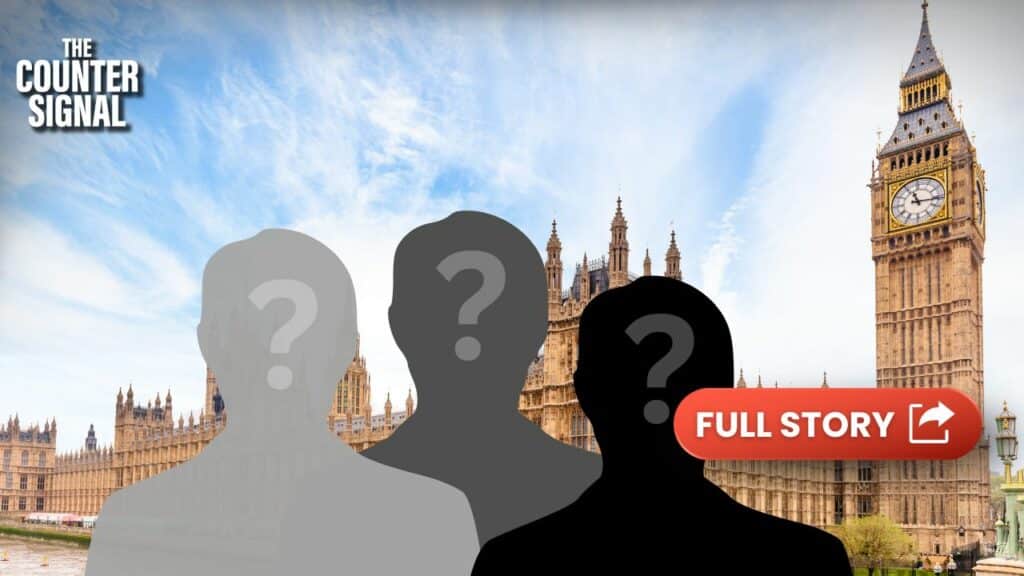In an unprecedented move, the British Parliament altered its voting procedures to shield members from potential attacks by radical Islamists, sparking widespread debate over the state of democracy and security in the UK.

This strategic shift came as MPs voted on a motion on the war in Gaza highlighting the palpable fear of retribution that now influences parliamentary operations.
Robert Jenrick, a conservative politician, vocally criticized the decision, condemning it as a capitulation to extremist threats that undermines the democratic process.
Enough is enough is long overdue. It must start now. pic.twitter.com/nBlcRBo6Tu
— Jake Wallis Simons (@JakeWSimons) February 22, 2024
“Yesterday was a dark day for our democracy. It’s part of a pattern of Islamist extremists intimidating those they disagree with, backed by the prospect of violence. We must call it what it is and have the confidence in our liberal values to push back robustly,” he posted to social media.
The development came a week after a group of about 70 Pro-Hamas protesters waved Palestinian flags outside the home of Conservative MP Tobias Ellwood.
“They blocked my driveway, they protected my property with their vehicles, and an armed response unit was positioned around the corner,” Ellwood told the BBC.
“This isn’t democracy”
Konstantin Kisin, a renowned podcaster of Triggernometry, echoed Jenrick’s sentiment in a potent social media post.
Kisin lamented the change as a departure from democratic principles, motivated by a desire to appease a violent minority.
“This isn’t democracy,” he stated, “This is a country that is unwilling to live by its own rules in order to placate a violent mob.”
Kisen said the UK must confront Islamist extremism with severe punishment of those who threaten violence against MPs. Furthermore, Kisin proposed the immediate deportation of foreign nationals promoting violence or religious hatred.
Masked far left anti-Israel protesters demonstrate outside the home of Foreign Affairs Minister, Melanie Joly.
— Efrain Flores Monsanto 🇨🇦🚛 (@realmonsanto) January 13, 2024
Together they sing a song to bring a ceasefire to the Hamas-IDF war, while supporting Palestinian "resistance".https://t.co/cIlPZDLUTt to sign the petition. pic.twitter.com/8cGMHkTUsb
Earlier this year in January, masked protesters demonstrated outside the home of Canada’s Foreign Affairs Minister, Melanie Joly, calling for a ceasefire and supporting Hamas “resistance.”



